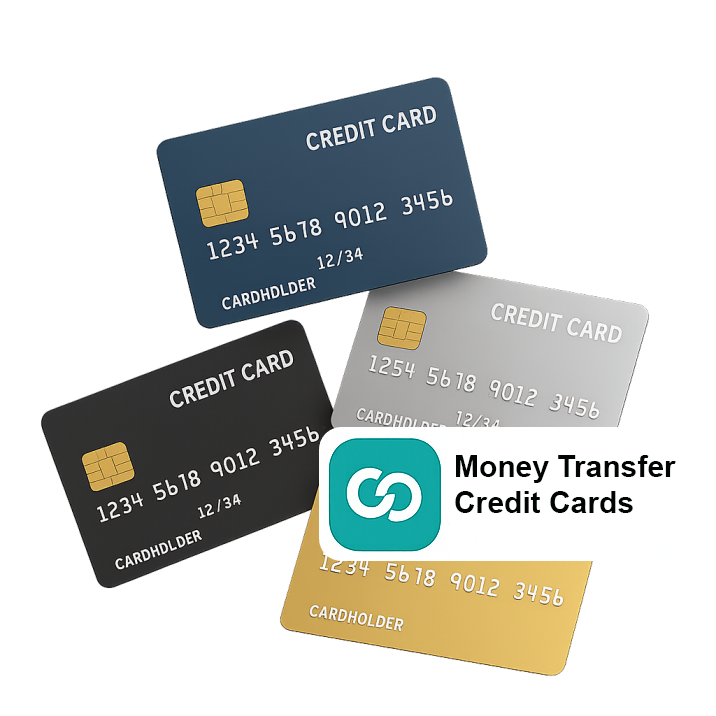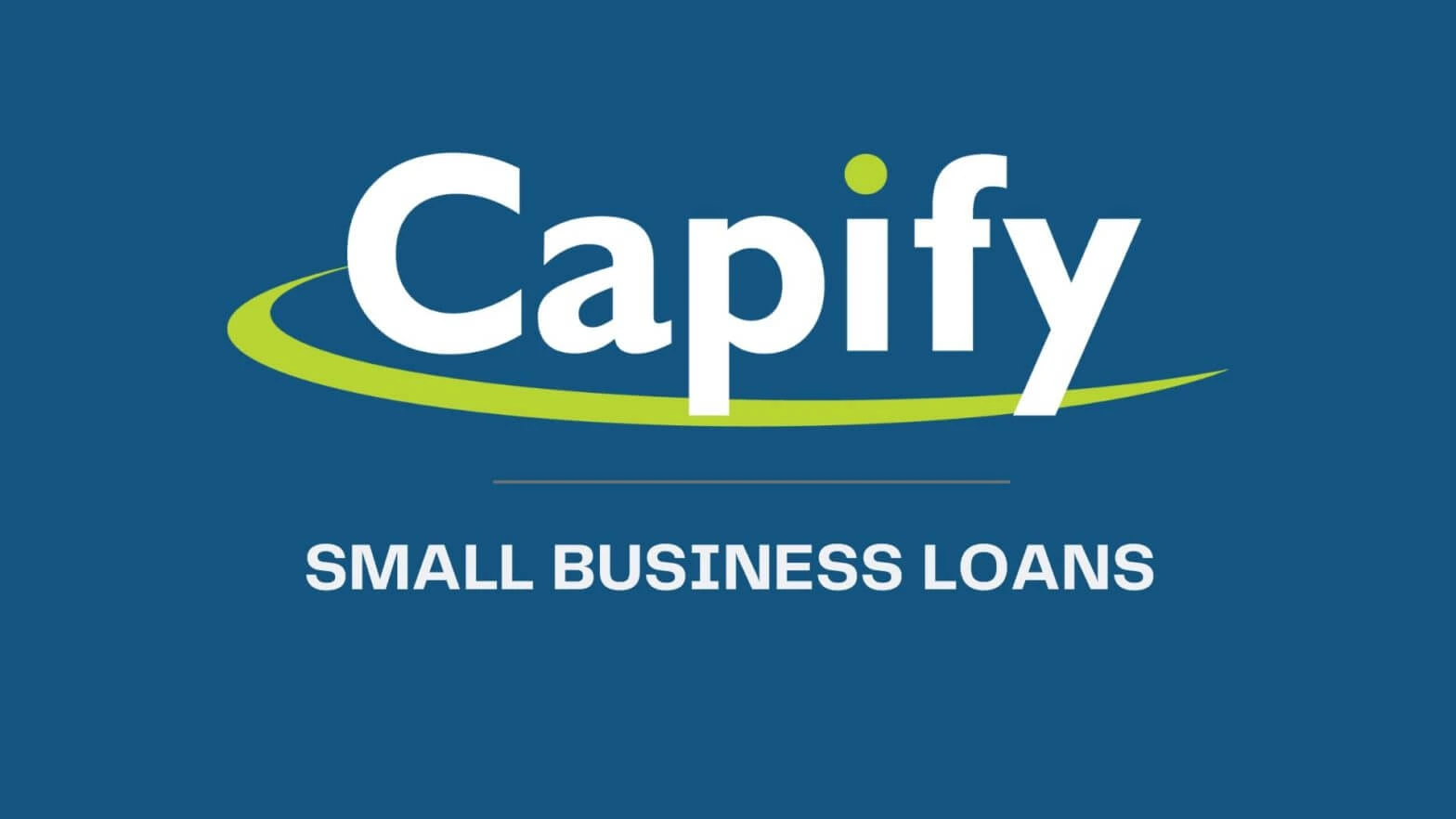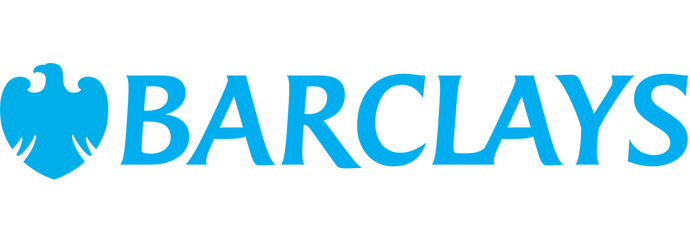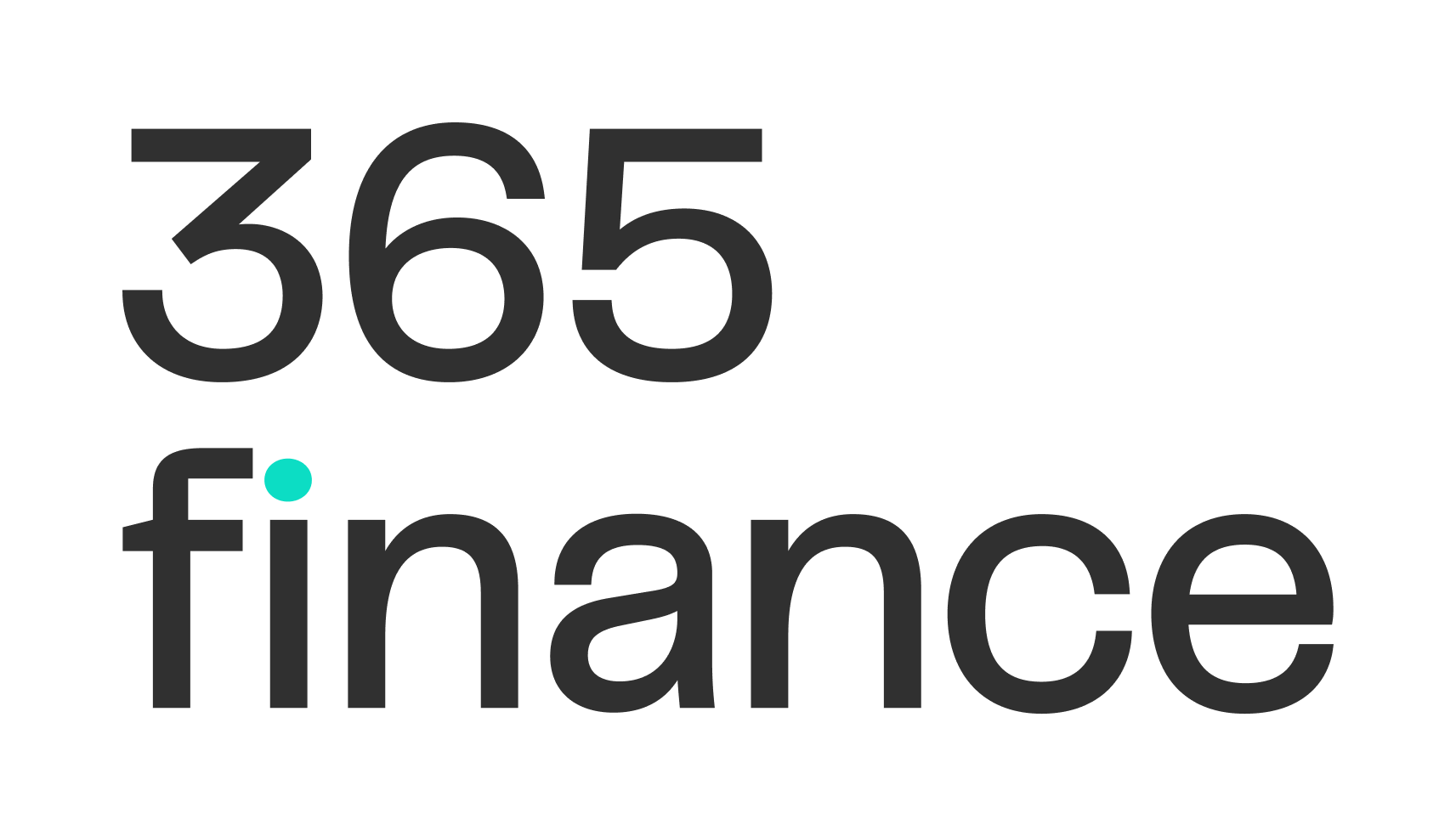Car Finance
HP Car Finance
PCP Car Finance
Used Car Finance
No Deposit Car Finance
Bad Credit Car Finance
Refinance Car
Compare Credit Cards
0% Balance Transfer Cards
0% Purchase Cards
Money Transfer Credit Cards
Credit Building Credit Cards
Check Your Eligibility
Compare Current Accounts
Compare Savings Accounts
High-interest current accounts
Cashback accounts
Packaged bank accounts
Business Loans
Working Capital Loans
Merchant Cash Advance (MCA)
Commercial Finance
Small Business Loans
Business Expansion Loan
Debt Refinance
Invoice Finance
Revenue Based Loans
Asset Finance
Property Finance
Secured Business Loans
Bridging Loans
Commercial Mortgages
Business Credit Cards
Credit Line for Business
0% Balance Transfer Cards
Low-Interest Business Credit Cards
Money transfer credit cards
Credit building credit cards
Business Bank Account
Business Savings Account
Money Transfer Credit Cards
Enables individuals to move cash from their credit card into their current account as a short‑term loan.
4.7
Customer Reviews
Get started today
Warning: Late repayment can cause you serious money problems. For more information, go to moneyhelper.org.uk

How Money Transfer Credit Cards Work
Money transfer credit cards operate by allowing cardholders to transfer cash directly from their credit card account to their current account, effectively converting available credit into accessible cash that can be used for any purpose. The fundamental mechanism involves the credit card provider advancing cash equivalent to a portion of the available credit limit, directly into the cardholder’s designated current account. This process differs from standard credit card purchases as it involves immediate cash provision rather than payment to merchants, creating a direct debt obligation that begins accruing interest according to the specific terms of the money transfer arrangement.
The interest rate structure for money transfer credit cards typically features promotional interest rates for specified durations, commonly ranging from 12 to 29 months depending on the provider and the cardholder’s creditworthiness. During these promotional periods, transferred amounts may incur no interest charges, though a one-time transfer fee of the transferred amount. After the promotional period expires, interest charges revert to the standard money transfer rate, which is often higher than the card’s purchase rate.
The transfer fee represents a crucial cost component that must be factored into the overall expense calculation, as this fee is typically charged immediately upon completion of the transfer and begins accruing interest at the standard rate if not paid immediately. For example, a £5,000 money transfer with a 3% fee would incur a £150 charge, which could significantly impact the cost-effectiveness of the arrangement. These fees are non-refundable and apply regardless of how quickly the transferred amount is repaid, making careful cost-benefit analysis essential before proceeding with money transfers.
The credit limit allocation for money transfers may differ from the overall credit limit, with some providers restricting money transfer amounts to specific percentages of the total available credit. Additionally, money transfers typically reduce the available credit for purchases, potentially limiting the card’s utility for standard spending. Understanding these limitations is essential for consumers who rely on credit cards for regular expenditure management alongside money transfer requirements.
Money transfer requests are typically processed through online banking platforms, telephone services, or written applications, with processing times depending on the provider and the complexity of the request. Once processed, transferred funds appear in the designated current account and available for use, while the corresponding debt appears on the credit card account. This availability can be beneficial for urgent financial needs but also requires careful consideration of the long-term repayment implications. All applications are subject to credit checks and affordability assessments.
All lending is subject to status and affordability assessments. Consider seeking independent advice from MoneyHelper.org.uk before making borrowing decisions.
Ready to get started?
Compare loans in 3 simple steps

1. Loan Details
Tell us how much you need, for how long and for what purpose.

2. See offers
We find you the loan offers you qualify for from multiples lenders.

3. Select
Select the loan that best matches your circumstances and Get Funded.
The LoanTube Pledge
Searching for a loan on LoanTube won’t impact your credit score. We do not sell your data to any third parties.
Educated guesses aren't good enough
You choose the terms, we do the math.
Check your affordability with our Business Loan calculator and make an informed financial decision.
Get started today



The rate you get will depend on your individual circumstances. Late repayment can cause you serious money problems. For more information, go to moneyhelper.org.uk
Get started today
£100,000
Loan Term
Total repayment
Monthly repayment
RAPR
Interest
Total cost of credit
18 Months
£111,785.00
£6,210.28
14.4%
14.4% p.a (Fixed)
£11,785.00
The rate you get will depend on your individual, financial circumstances. Late repayment can cause you serious money problems. For more information, Go to moneyhelper.org.uk
The primary benefit of money transfer credit cards lies in their potential to provide access to cash at significantly lower interest rates compared to alternative borrowing options, particularly during promotional interest rates. For consumers facing high-cost debt such as payday loans, or other expensive credit arrangements, money transfer credit cards can offer substantial cost savings through debt consolidation at reduced rates. However, it is crucial to recognise that these benefits only materialise when the transferred funds are used strategically and repaid efficiently, and consumers must avoid using reduced rates as justification for increased borrowing beyond their repayment capacity.
Debt consolidation capabilities represent another significant advantage, enabling consumers to combine multiple high-interest debts into a single, potentially lower-cost arrangement that simplifies financial management and reduces overall borrowing costs. Money transfer credit cards can be particularly effective for clearing expensive emergency loans, store card balances, or other high-rate consumer debts. Nevertheless, successful debt consolidation requires disciplined financial management to avoid accumulating additional debt while repaying the consolidated amount, and consumers must address the underlying spending patterns that created the original debt problems.
Enhanced financial flexibility emerges from the ability to access cash quickly for various purposes, including emergency expenses, planned purchases, or investment opportunities that require immediate funding. The speed and convenience of money transfer facilities can provide valuable financial options when traditional loan applications might be too slow or complex. However, this flexibility must be balanced against the risks of impulsive borrowing decisions and the potential for money transfers to become a substitute for proper emergency fund planning or budgeting discipline.
Improved cash flow management can result from strategic use of money transfer credit cards to bridge temporary income gaps, manage seasonal business fluctuations for self-employed individuals, or handle unexpected expenses without disrupting planned financial commitments. The predictable repayment structure can facilitate better financial planning compared to variable emergency credit charges or unpredictable fee structures. However, consumers must ensure that money transfers address genuine cash flow issues rather than masking underlying financial problems that require more comprehensive solutions.
We've partnered with the best in the business
Offers from highly reputable lenders to help with your financial needs.




























What are the different types of loans?
What customers say about us*
We do our best to provide you the best experience ever

Very easy to use in helping me find an…
Very easy to use in helping me find an affordable loan. Everything up front & clearly explained. 100% recommended.
Jon Grainger

Loan tube suits me
I have always tried to find my own loans in the past but the deal loan tube found me was better than any I have ever found and super fast to find me a lender where the deal suits everyone (brilliant)
Stephen

We had an amazing experience working…
We had an amazing experience working with Loan Tube. For a long time, we struggled to secure long-term funding and often ended up with short-term finance. However, Loan Tube made a real difference. Not only did they help us obtain long-term funding, but the process was also incredibly fast and efficient, with funds to be remitted within just two weeks...
Glasswords Account

Fast and hones
Only needed a little loan but was happy how fast and honest definitely recommended
Consumer

Brilliant
Brilliant , Steve and Craig were friendly, understanding and professional, first time I have had such a good experience getting a loan, would recommend to anyone.
Paulina
* showing our selected 4 & 5 star reviews
Need some extra help?
FAQ (Frequently Asked Questions) About Money Transfer Credit Cards
A money transfer credit card is a specialised financial product that allows cardholders to transfer cash directly from their credit card account to their current account, effectively converting available credit into accessible cash. Unlike standard credit cards that are primarily designed for purchases from merchants, money transfer cards specifically facilitate cash advances that appear as immediate deposits in your bank account. The transferred amount becomes a debt on your credit card that accrues interest according to the specific money transfer terms, which often differ from standard purchase rates.
Money transfer credit cards involve several cost components that consumers must carefully evaluate before proceeding with applications or transfers. The primary cost is the transfer fee, typically ranging from 2% to 4% of the transferred amount, which is charged immediately upon completion of the transfer and begins accruing interest at standard rates. For example, transferring £5,000 with a 3% fee would incur a £150 charge that becomes part of your outstanding debt.
Promotional interest periods on money transfer credit cards provide temporary relief from interest charges on transferred amounts, typically lasting between 12 and 29 months depending on the provider and your creditworthiness. During these periods the initial transfer fee still applies and begins accruing interest immediately at standard rates. The promotional rate applies only to the transferred amount and does not typically extend to new purchases or other transactions on the card.
Money transfers can significantly impact credit scores and overall creditworthiness through multiple mechanisms that consumers must understand before proceeding with applications or transfers. The immediate effect involves increased credit utilisation ratios, as transferred amounts reduce available credit while increasing outstanding debt levels, potentially causing temporary credit score reductions even when payments are maintained. Credit reference agencies consider both overall utilisation across all credit facilities and individual account utilisation when calculating credit scores, making large money transfers particularly impactful.
The long-term credit impact depends entirely on subsequent payment behaviour and debt management practices, with responsible repayment potentially contributing positively to credit history development while payment difficulties can cause severe and lasting damage. Late payments on money transfer balances are reported to credit reference agencies and remain on credit files for up to six years, significantly affecting future credit applications and potentially resulting in higher interest rates or application rejections. The pattern of cash advance usage may be viewed negatively by future lenders, particularly for mortgage applications where detailed affordability assessments consider all forms of credit usage. High levels of revolving credit debt can affect debt-to-income ratios and overall financial stability assessments, potentially reducing borrowing capacity for future credit applications. The reporting of money transfer credit card applications themselves can temporarily impact credit scores through hard credit searches, making multiple applications particularly damaging. Professional credit management advice can help minimise negative impacts and develop strategies for maintaining healthy credit profiles while using money transfer facilities. Regular credit report monitoring becomes essential to track the impact of money transfers and identify any reporting errors that might affect creditworthiness.
Inability to repay money transfer credit card debt can result in serious financial and legal consequences that escalate progressively as payment difficulties persist. Initial missed payments trigger late payment fees and penalty interest rates while being reported to credit reference agencies, causing immediate damage to credit scores that can persist for up to six years. Continued payment difficulties result in default notices and potential account closure, with outstanding balances being transferred to debt collection agencies or sold to debt purchase companies.
Before applying for a money transfer credit card, comprehensive evaluation of your financial circumstances, objectives, and alternatives is essential to ensure that this borrowing method aligns with your needs and capabilities. Assess your genuine need for cash and whether the intended use justifies the costs and risks associated with money transfer arrangements, considering whether alternative solutions might be more appropriate or cost-effective. Evaluate your ability to repay transferred amounts within promotional periods, as failure to do so can result in expensive debt obligations that may be difficult to manage.
Review your current credit profile and ensure that you meet eligibility criteria before applying, as unsuccessful applications can damage credit scores while providing no benefit. Calculate the total cost of money transfer arrangements including fees, interest charges, and opportunity costs compared to alternative financing options such as personal loans or overdraft facilities. Consider the impact on your overall financial stability and credit utilisation ratios, ensuring that money transfers do not compromise your ability to manage existing financial commitments or access credit for future needs. Evaluate the lender’s reputation, customer service quality, and terms and conditions to ensure that you understand all obligations and restrictions associated with the product. Plan your repayment strategy carefully, ensuring that you have realistic prospects of eliminating transferred debt within promotional periods or managing ongoing payments at standard rates. Consider seeking professional financial advice to evaluate whether money transfer credit cards align with your broader financial objectives and to identify potential risks or alternatives that might be more suitable. The decision should be based on comprehensive analysis rather than attractive promotional offers, ensuring that money transfer arrangements contribute positively to your long-term financial wellbeing rather than creating additional stress or complications.
Balance Transfer Credit Cards
Money Transfer Credit Cards
Key Differences
Strategic Usage for UK Consumers

Renovation loan
Approved
Unsecured Personal Loans
Personal Finance Tools
Short Term Personal Loans
Wedding Loans
Holiday Loans
Long Term Personal Loans
Home Improvement Loans
Guarantor Loans
Homeowner Loans
Debt Consolidation Loans
LoanTube ® 2025 All Rights Reserved.
Warning: Late repayment can cause you serious money problems. For more information, go to moneyhelper.org.uk
Credit subject to status & affordability assessment by Lenders.
LoanTube is a credit broker and not a lender.
Think carefully before securing debts against your home. Your home may be repossessed if you do not keep up repayments on any debt secured against it.
Not all borrowers will qualify for a loan. The operator of this website does not engage in any direct consumer lending, we simply provide you a FREE loan brokering service. This means LoanTube does not charge customers a fee for using its introducer services, but it receives a commission from lenders or other brokers if a customer enters into a consumer credit agreement with them following an introduction by LoanTube.
LoanTube connects businesses with a panel of lenders and providers offering business loans, credit cards, merchant cash advances, invoice financing, and other commercial finance products tailored to their needs. For these services, we may occasionally charge a fee to the business, depending on the complexity of the case. We also receive commissions from lenders and providers for facilitating these connections. These fees and commissions may influence the overall cost of the credit products offered. As a responsible broker, we ensure full transparency by disclosing any applicable fees and commissions before you enter into any credit agreement.
The rate you are offered will depend on your individual circumstances.
Representative APR Example: On an assumed loan amount of £1,000 over 18 months. Rate of interest 59.97% per annum (fixed). Representative 79.5% APR. Total amount payable £1,554.10 of which £554.10 is interest. 17 equal monthly repayments of £86.09, and the final month’s payment of £90.57.
Some of the offered loans might be classed as High Cost Short Term Loans. APR rate starts from 18.22%. The maximum APR rate is 1721%, but you will get a personalised rate tailored to you. The minimum repayment term is 3 months, the maximum repayment term is 10 years. The minimum loan amount is £250 and the maximum loan amount is £50000.
LoanTube is trading name of Tiger Lion Financial Limited. Authorised and regulated by Financial Conduct Authority (FCA). FCA Firm Reference Number: 753151. Information Commissioners Office Registration Number: ZA185613
Tiger Lion Financial Limited is Registered in England & Wales. Company Number: 10189367. Registered Office Address:. 71-75 Shelton Street, Covent Garden, London, WC2H 9JQ






